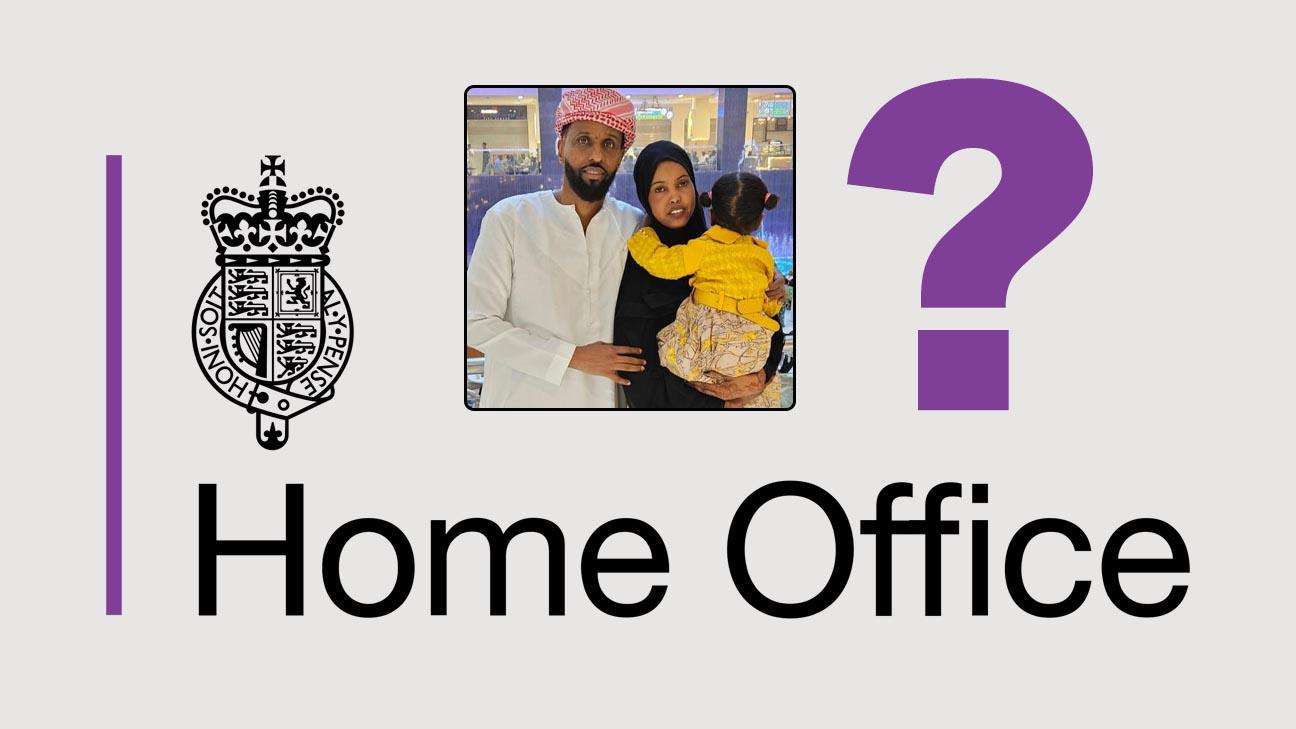Influencers are gradually straying from entertaining material to providing medical advise with ill-informed comments as more people rely on social media for their information, it is being warned. A particular optician is raising concerns about some of the most popular content related to eye care, as they claim that astigmatism can be fixed with simple routines or that there is a honey treatment for poor vision.
In actuality, Nimmi Mistry of Vision Direct is cautioning people about the possible long-term negative effects and health ramifications these "tips and tricks" may have in addition to distinguishing fact from fiction. She also provided some excellent vision guidance for both people with and without exceptional concentration.
The "sungazing" remedy was one of the main misconceptions that the optician was eager to dispel. Influencers are promoting this fad by telling their followers to spend a few seconds each day staring directly at the sun during the first and last moments of daylight, saying it will improve your vision among other health benefits. The doctor is really concerned because in one film, a man claims he can stop wearing glasses or contact lenses after sungazing.She warned: “These ‘sungazers’ claim that UVB rays contribute to vitamin D production and support eye health. With no evidence to support this, not only are these TikTok users exposing their eyes to harmful UV radiation but increasing their risk of developing conditions such as cataracts and macular degeneration.”
Another myth is around the use of castor oil, claiming dropping some oil in your eyes can fix your vision, cataracts and even glaucoma. Dr Mistry warned: “Instilling castor oil certainly does not cure near or far-sightedness, nor does it benefit ocular conditions such as cataracts, floaters or glaucoma.”
She did note that it can help some people who may suffer from dry eyes by lubricating and moisturising the eye, but she highlighted this also comes with consequences she continued: “Despite some dry eye suffers reporting a soothing effect after applying castor oil, individuals are asked to refrain from doing so due to the potential risk of allergies and irritation.”
Finally, one of the most viral eye health trends has been honey-based eye drops, whether bought through official brands or DIY with a honey, vinegar and water mixture to allegedly cure astigmatism, cataracts, glaucoma and floaters. The optician slammed: “Not only is this far from accurate, but there’s no scientific evidence to support it, either…it’s strongly advised not to apply any form of honey directly into your eyes.”
Instead of following TikTok’s health advice, the expert shared her six top tips for optimal optical performance, starting with keeping your eyes hydrated by drinking enough water rather than the castor oil hack. She also advised incorporating foods high in antioxidants, lutein, zeaxanthin, Vitamins A and D, and omega-3 fatty acids to maintain ideal eye health.
She urged individuals to abide by the 20-20-20 rule, which states that you should take a 20-minute break from your screen every 20 minutes to gaze at a fixed point that is at least 20 feet away for 20 seconds, given how much the modern workforce depends on digital screens.
The experts' list was completed by maintaining an active lifestyle to maintain good overall health, wearing sunglasses to shield your eyes from UV rays, and adjusting your sleep routine. In order to avoid long-term consequences, she advised anyone who has encountered negative effects from TikTok health tips or noticed indicators of an eye condition to get in touch with their GP or optometrist.








.svg)



